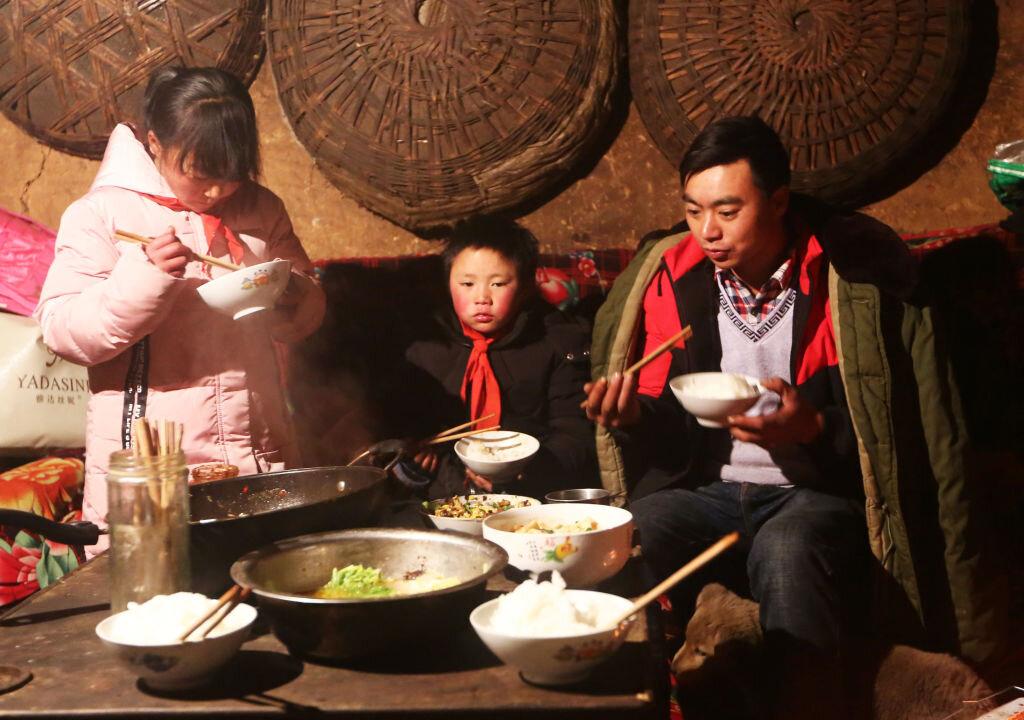The Chinese communist regime recently put out high-profile propaganda claiming success in “Comprehensive Poverty Alleviation,” resulting in public outcry. Experts and Chinese citizens expressed their skepticism with The Epoch Times.
On Feb. 25, the regime held a National Poverty Alleviation Summary and Commendation conference. Xi Jinping, the leader of the ruling Chinese Communist Party (CCP), claimed at the conference, “Our country has achieved a comprehensive victory in the fight against poverty. Under the current standards, 98.99 million rural poor people have all been lifted out of poverty. All impoverished counties and villages have been lifted out of poverty.” He called it a “miracle on earth.”




